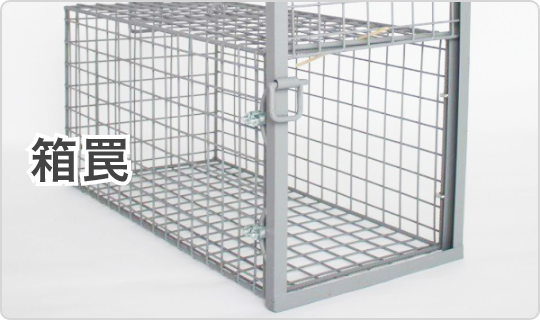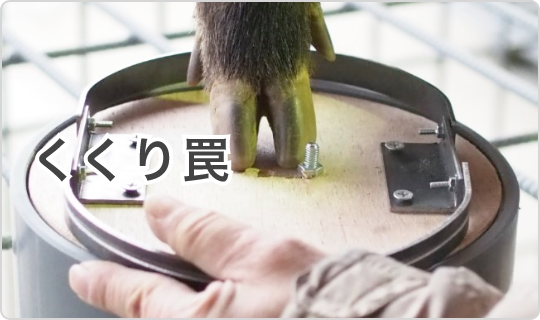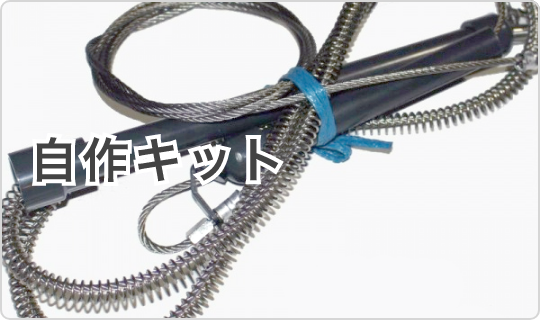Pigeons build their nests from March to early May, and every year around this time, we hear many people say, "I just noticed that there are pigeons living on the veranda... I want to get rid of them somehow."
Once a pigeon has taken up residence, it is not easy to get rid of it on your own. This is because pigeons have a strong sense of territory and a homing instinct (the instinct to return to their own nest from a distant place), and they will try to return to their original place no matter how many times they are driven away.
It is important to take measures before they settle in
If pigeons have taken up residence, it is recommended to call a local pigeon countermeasures company.
I tried my best without calling a professional, but I gave in to the pigeon's instinct to come back persistently and ended up laying eggs.
Once the eggs are laid, there is nothing you can do as an individual. Pigeons are protected by the Wildlife Protection Law, which prohibits individuals from catching them and removing their eggs and chicks.
Therefore, taking thorough measures before the pigeons build their nests is the most cost-effective and labor-saving way. The key here is to keep track of pigeon tracks.
Pigeons do not build nests out of the blue. At first, it will be used as a place to rest and wait, but if they like it, they will spend more time staying there.
The longer you stay, the more attached you become to the place, so the key to winning is how to get rid of the pigeons in the early stages.
"Recently, I've been seeing a lot of pigeons around the veranda..." "Pigeon feces and feathers are often falling..." It is recommended that you For information on countermeasures, please refer to this article (a thorough explanation of how to avoid pigeons!) , which describes in detail by severity.
How to get rid of pigeons
There are three ways to get rid of pigeons. All of these are intended to create an environment where pigeons cannot or are less likely to come.
①Clean feces and feathers
Pigeons have a tendency to feel comfortable when their poop is present. Therefore, leaving the poop untouched will make the pigeon more and more comfortable. If feces accumulate, the smell will be terrible, and it is not good for hygiene.
★This article is also recommended
I'm really scared. About pigeon droppingsIt is important not to leave feces unattended, and to be conscious of cleaning up if you see even a little feces.
Pigeon droppings harbor a variety of pathogens, so be sure to wear gloves and a mask when cleaning. Also, dispose of cleaning tools that have been used to clean up feces. Dry, windy days tend to lift up fecal particles, so pick a day with less wind to clean.
Pour lukewarm water little by little on dry and sticky droppings to soften them, then scrape them off with kitchen paper or a rag. After most of the droppings have been removed, spray a disinfectant containing sodium hypochlorite and spray it thoroughly. *Be aware that sodium hypochlorite may cause deterioration or discoloration depending on the material.
2) Physical defense
Physically guard areas where pigeons are likely to nest. A good property for pigeons to build a nest is a place with gaps and protection from rain and wind. Use bird netting to prevent gaps in these areas.
Bird- proof sword mounts and bird- proof wires are also effective to prevent them from flying in the first place.
It's also important to avoid clutter and eliminate as much space as possible that pigeons might like. For example, let's remove cardboard boxes and pots that tend to be placed on the veranda.
③ Avoid
When it becomes the target of the pigeon's nesting site, it will be difficult to get the effect only by the repellent measures alone.
However, by combining ① and ② above, it is possible to take more thorough countermeasures.
We recommend using both a repellent spray and a solid type . It is also a good idea to focus on applying the gel type . It's also a good idea to introduce a gel-type repellent that is highly effective and used by professionals.
If a nest is made...
There are two ways to take it: either consult with or request a specialist, or watch over it until it leaves the nest.
However, the latter is not recommended as it will produce a lot of feces and cry. As pigeon chicks grow, their range of activity expands, so the entire veranda can be covered with feces. Also, once a pigeon builds a nest, it builds nests around it many times. It is not uncommon for them to nest again for a short while after leaving the nest.
There are many pigeon countermeasures companies all over the country, so it is a good idea to consult with a nearby company as soon as you notice that a nest has been built.
summary
Anyway, the most important thing is early intervention. Do not underestimate the homing instinct of pigeons, and implement the above measures firmly. Also, if a nest is created, the best shortcut is to consult a professional and take thorough measures, including recurrence prevention.

 箱罠
箱罠
 くくり罠
くくり罠
 パーツ類
パーツ類
 電気柵
電気柵
 自作キット
自作キット
 防獣グッズ
防獣グッズ
 監視カメラ
監視カメラ
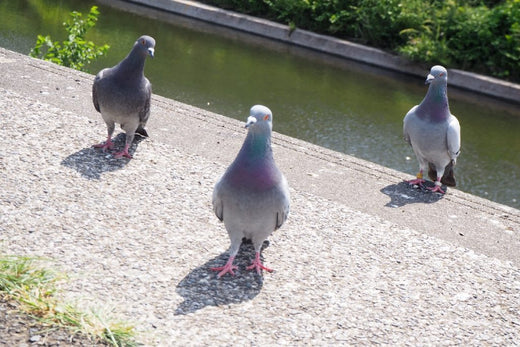
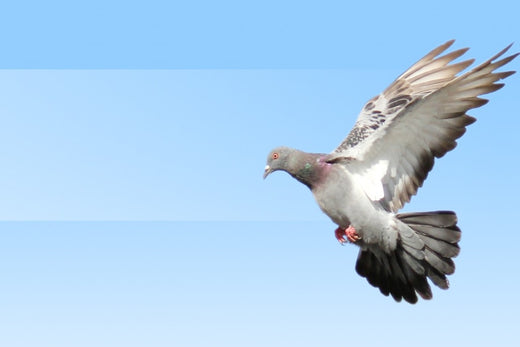
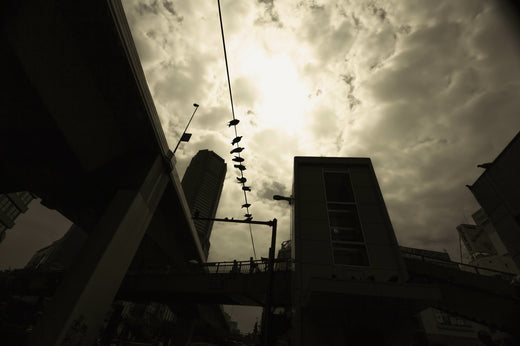
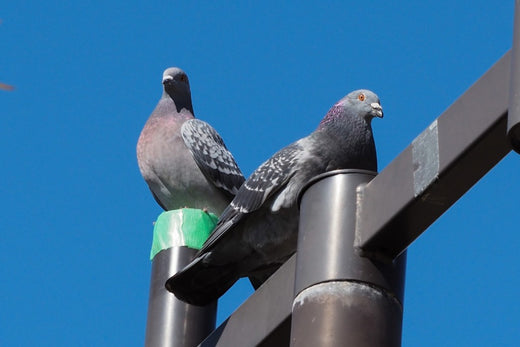
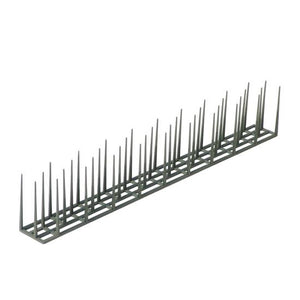
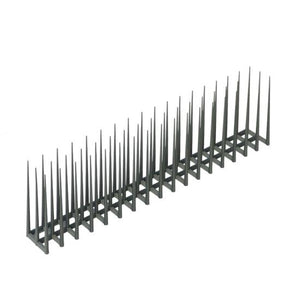
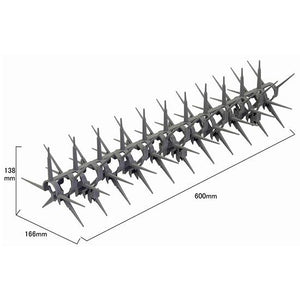
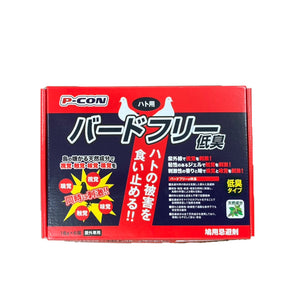
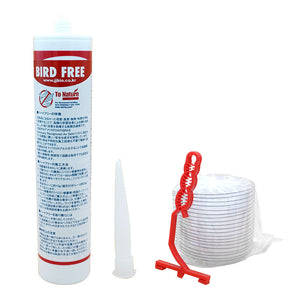
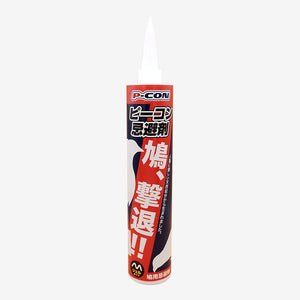
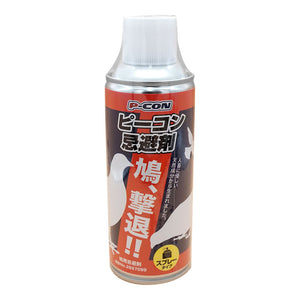
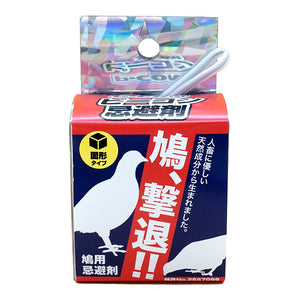
 box trap
box trap
 tying trap
tying trap
 enclosure trap
enclosure trap
 Prevention and avoidance goods
Prevention and avoidance goods
 electric fence
electric fence
 trap surveillance camera
trap surveillance camera
 transportation goods
transportation goods
 Trap detection sensor
Trap detection sensor
 hunting supplies
hunting supplies
 hunting books
hunting books
 Anti-bird goods
Anti-bird goods
 Agricultural materials/machinery
Agricultural materials/machinery
 boar
boar
 deer
deer
 Kyon
Kyon
 monkey
monkey
 raccoon
raccoon
 Badger
Badger
 palm civet
palm civet
 raccoon dog
raccoon dog
 nutria
nutria
 mouse or rat
mouse or rat
 Mole
Mole
 bear
bear
 pigeon
pigeon
 Crow
Crow

